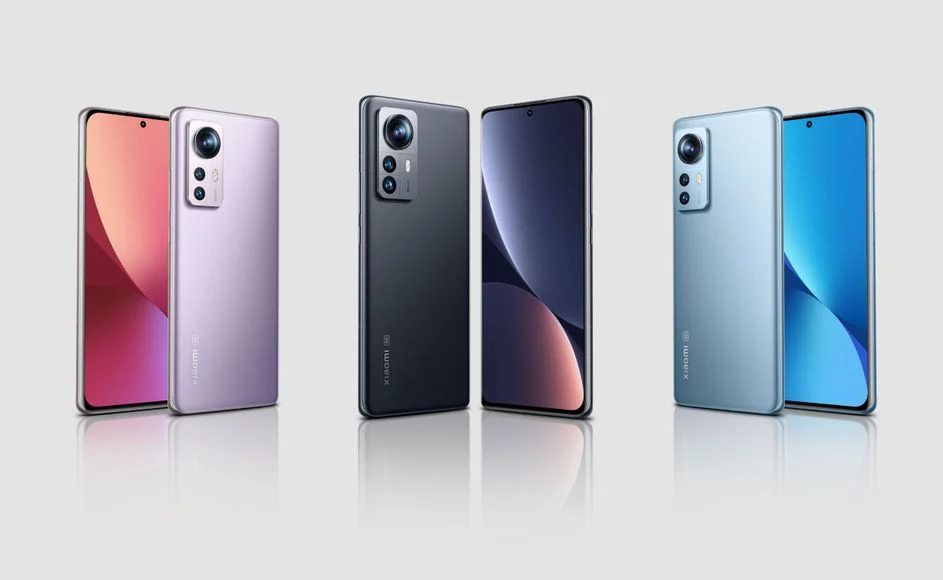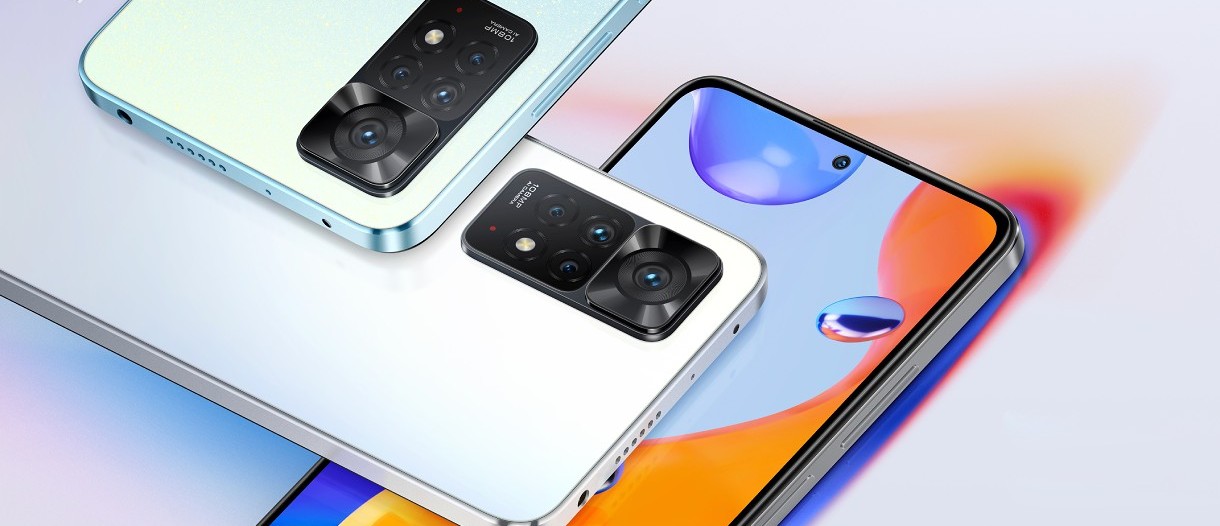
Xiaomi devices are selling like hot cakes in India and other developing countries and markets nearby. In China, the company was once almost as popular as Apple, though its popularity has gone down in recent times. With the impressive value for money that its devices offer, it’s no secret that many people from the US, UK, and other European markets want to get their hands on Xiaomi devices.
However, despite multiple promises, Xiaomi has almost no international presence. The company’s previous VP, Hugo Barra, had hinted that it might change in 2017 with the company expanding to markets outside of Asia. But if Engadget’s latest interview with the company’s new SVP, President Wang Xiang, is anything to go by, Xiaomi is in no hurry to expand to US and other international markets.
Wang says that Xiaomi’s resources are already running thin serving its customers in its existing markets. Plus, the company is targeting “mass market, a massive impact, as opposed to a premium, elite thing. We want innovation for everyone.”
Making matters worse are how smartphones are sold in the United States. To sell it smartphones in the country, Xiaomi will first have to improve its relationship with carriers and customise its phones according to their liking. They will also have to go through tedious testing that will overburden their already busy engineering team. The company does not want to sell its smartphones directly to consumers like OnePlus and Honor do since it will only bring in short term benefit and might just further worsen its relationship with US carriers.
[Via Engadget]














